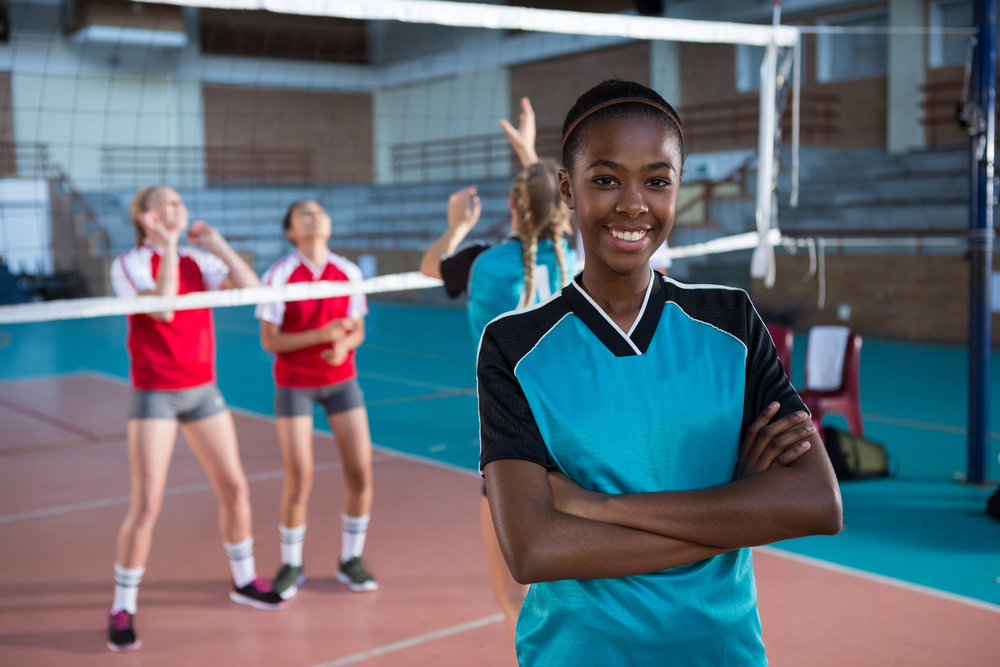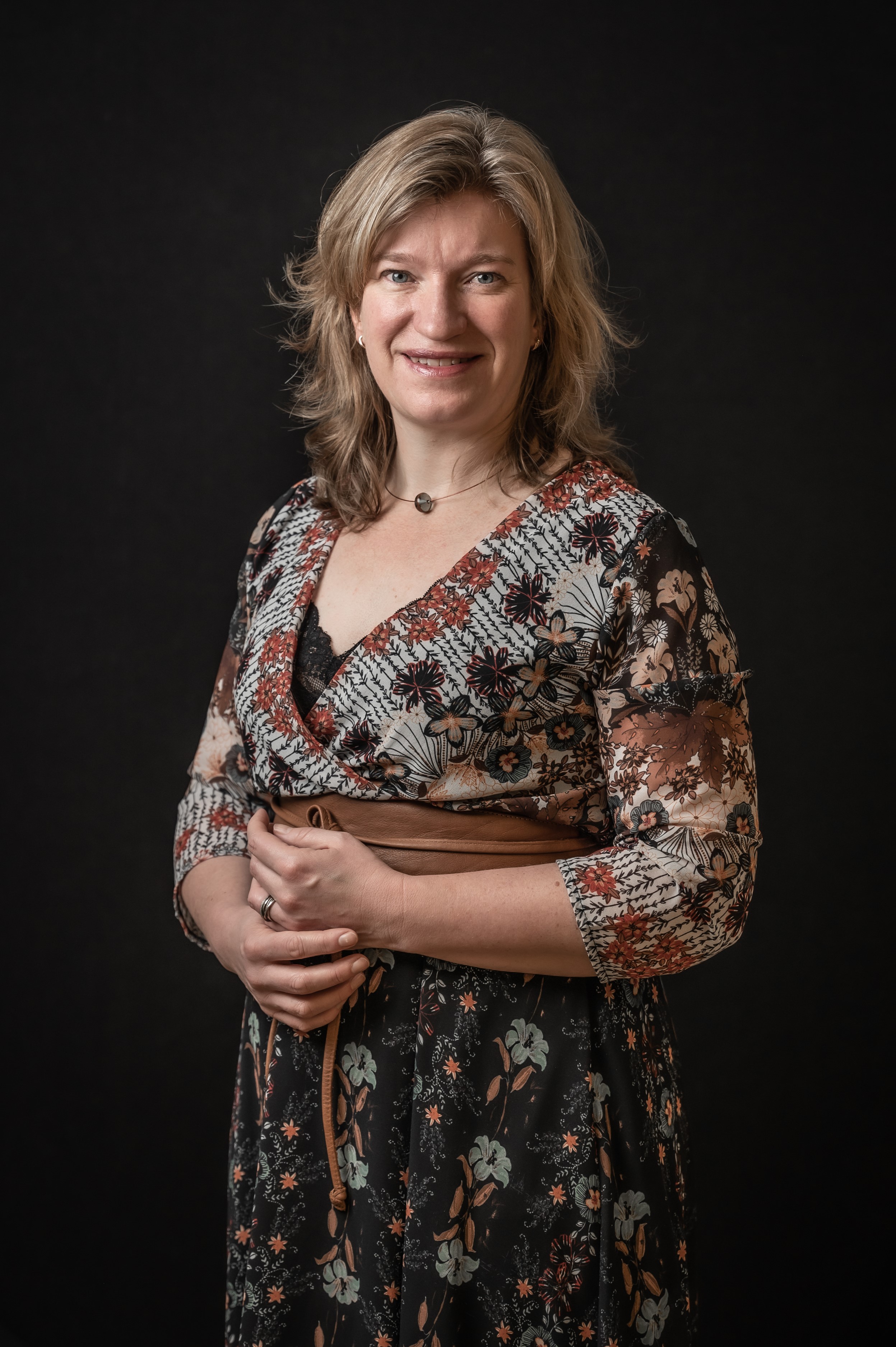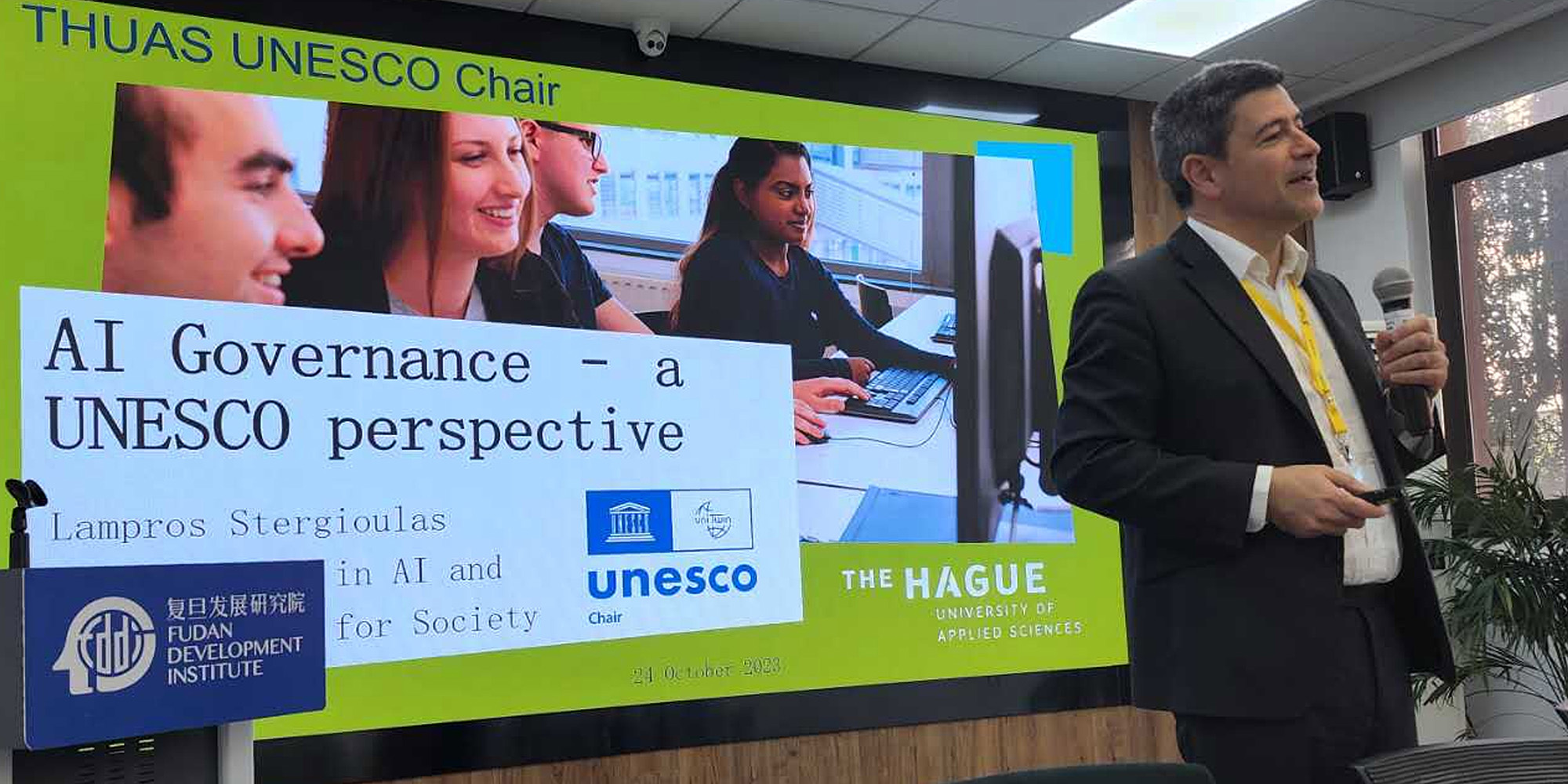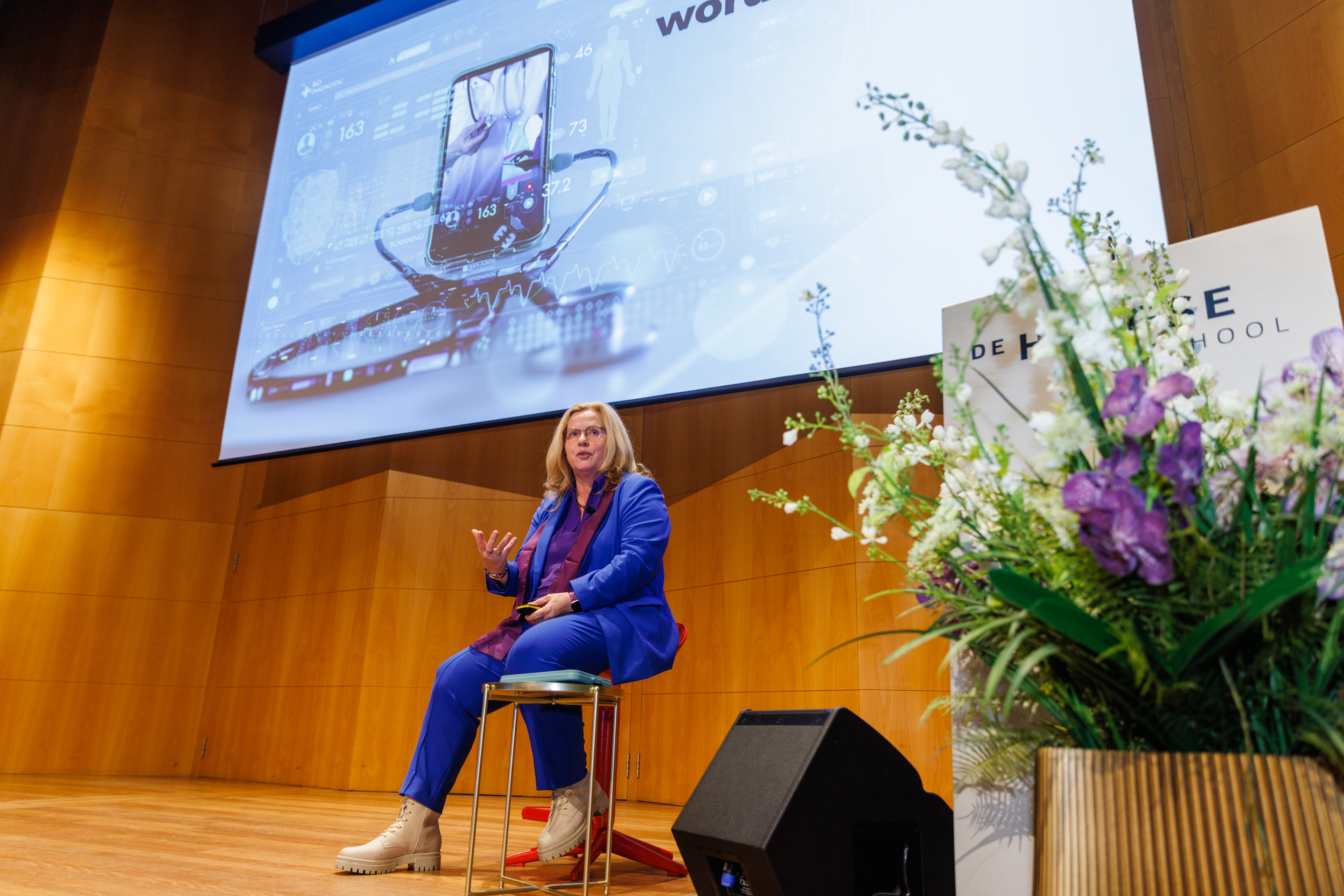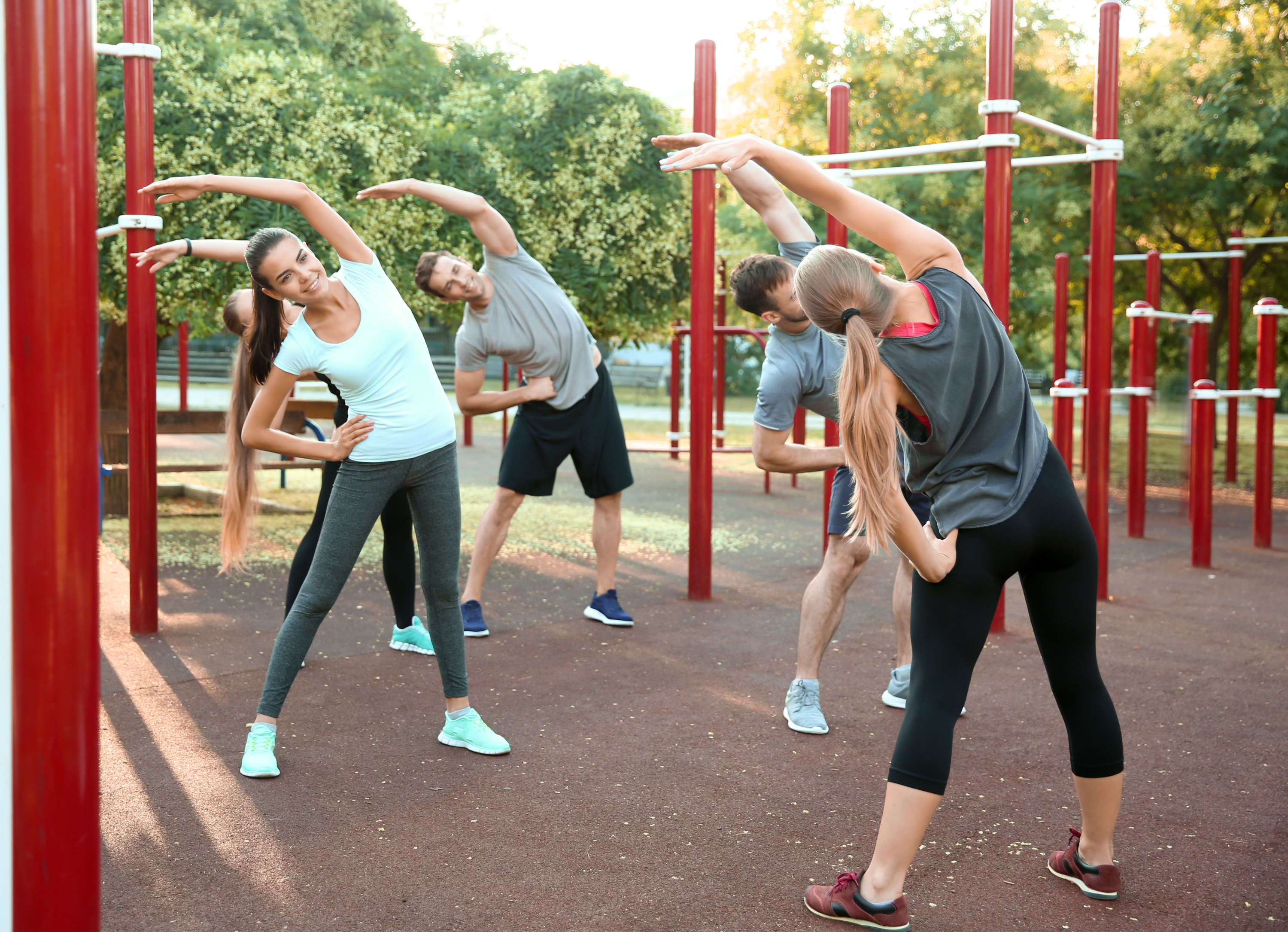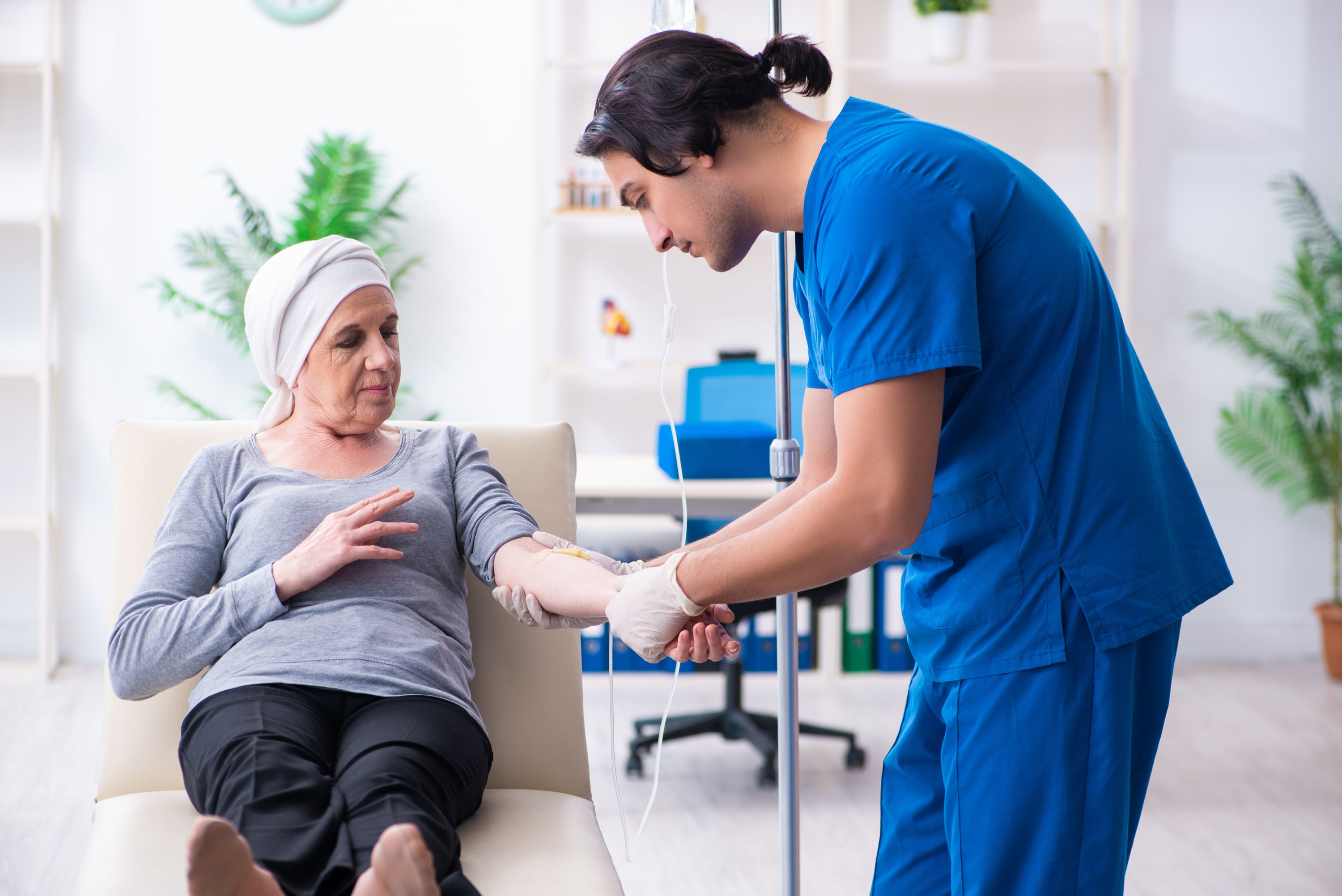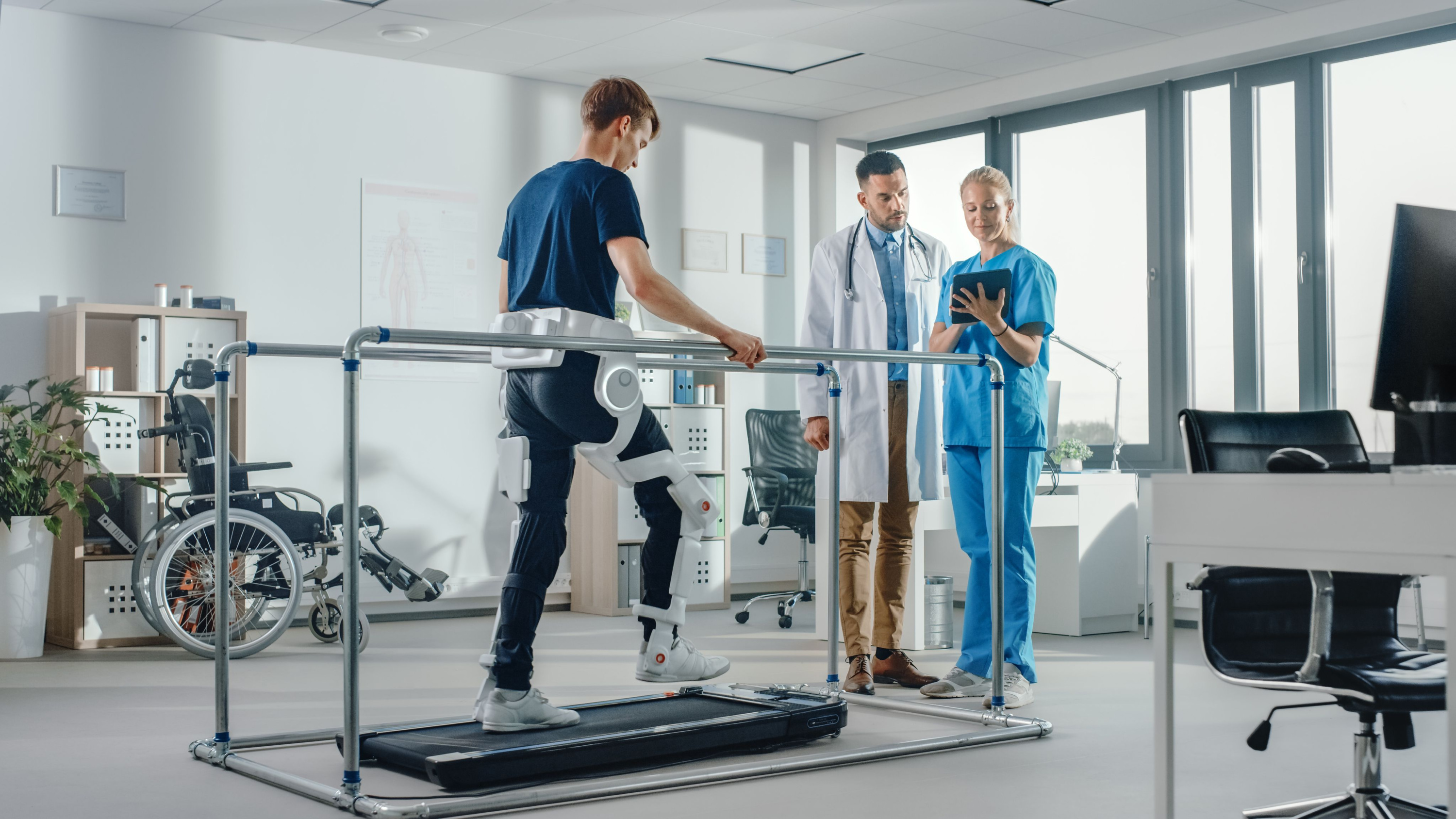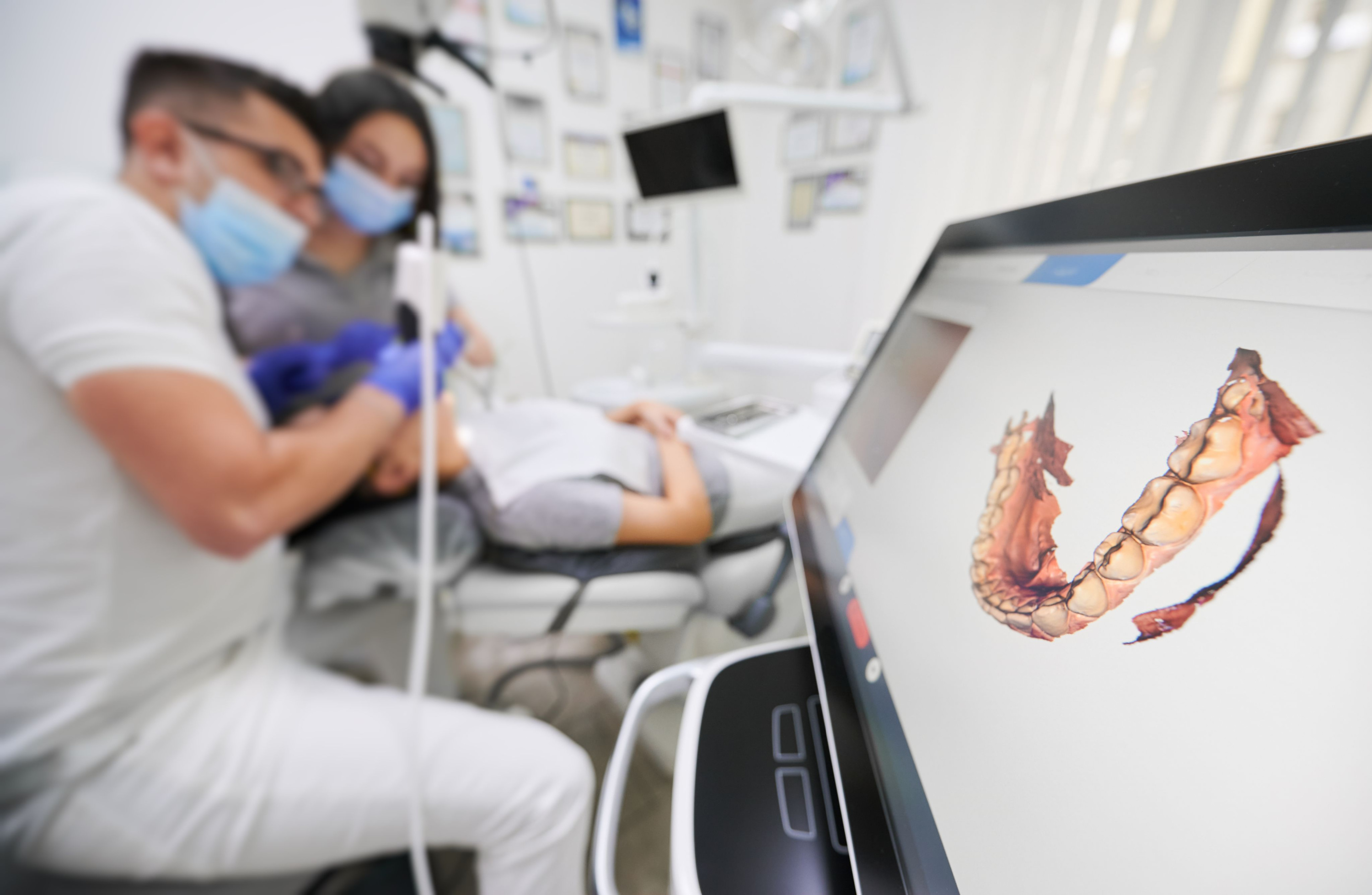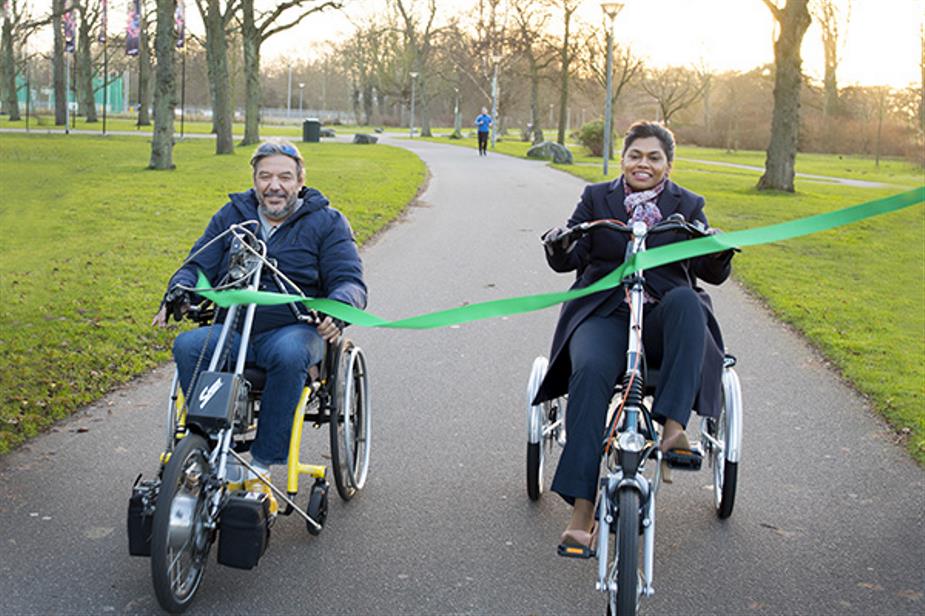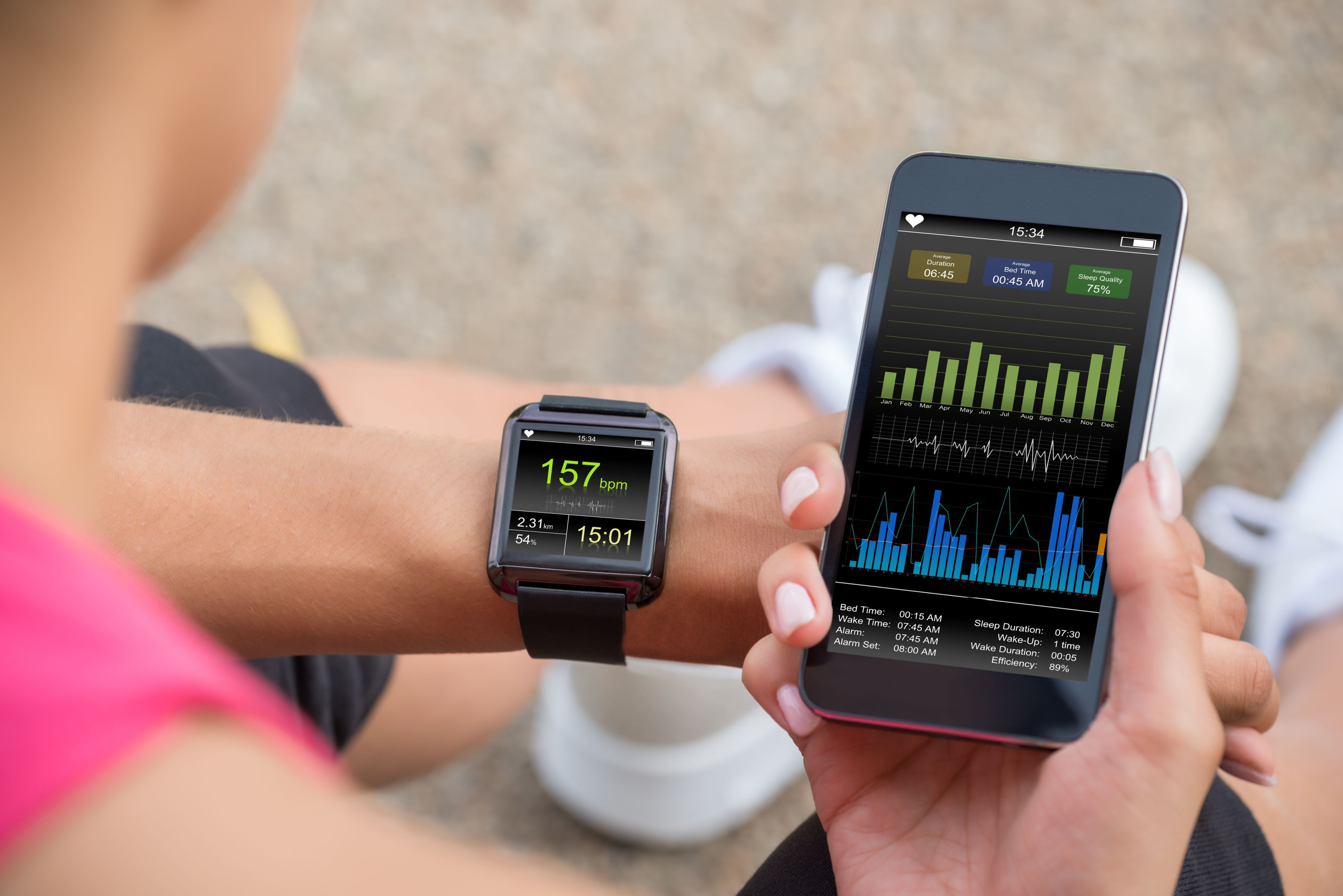
About
How do we make sure that children in a wheelchair can play sports? What do elderly people need to live independently? How can we help people recover faster after a medical treatment?
The Health Innovation Centre of Expertise is researching these and other complex issues around the themes of 'Prevention through nutrition and exercise', ‘Inclusive exercise and sport’ and ‘Long-term care, housing and welfare’.
Social and technological aspects
With over 80 staff members, the Centre of Expertise contributes to a vital and sustainable life for everyone, in the broadest definition of the word. In the nine participating research groups, professors, (lecturer) researchers and students work together with professionals, companies and end users. Using these various perspectives (social, design, engineering), our research is mainly focussed on the use of socio-technological innovations. Socio-technological because we believe that technology is never isolated from the social aspect.
To initiate change, you need to take into account the person behind the issue. E-health or healthcare technology is here to stay, creating new opportunities. However, technological capabilities don't automatically result in a better quality of life. Social contacts and participation in society also play an important role here. We include all these perspectives in our approach of complex health and inclusion issues, making the best use of our knowledge and expertise.
Practice-oriented
A practical focus is always part of our research. We work together with residents, students, local (sports) organisations and businesses to find solutions to real questions and provide advice or offer solutions can be directly put into practice. By implementing the knowledge and expertise acquired in education, we train the real professionals of the future. We sometimes do this in so-called living labs. These are places at companies or in neighbourhoods where we can fully release the creative energy of researchers, students and stakeholders in an informal setting. We distinguish ourselves by listening carefully, always testing our findings against real life and actually implementing the solutions found.
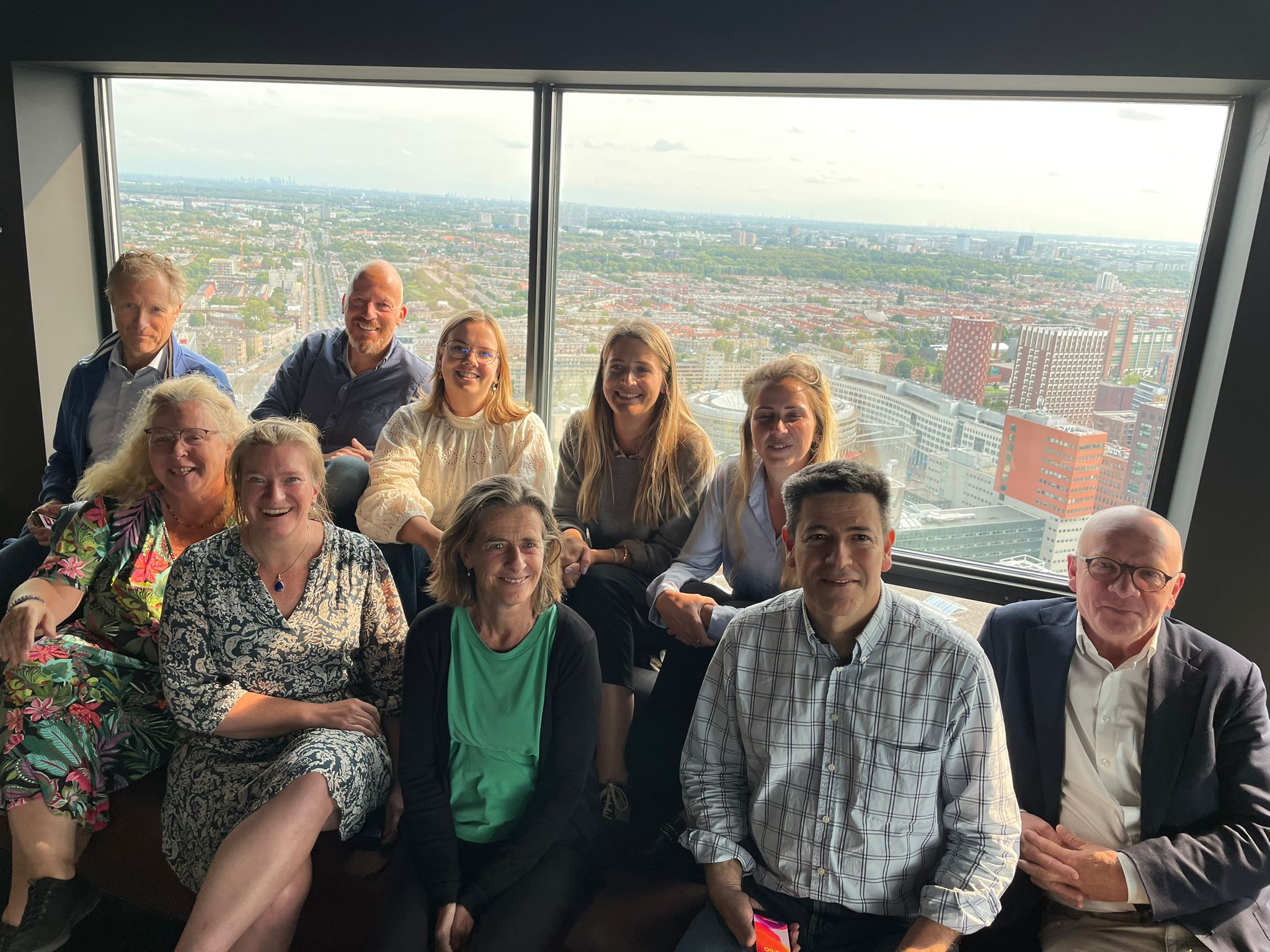
Team
At the Centre of Expertise Health Innovation, more than 100 colleagues work on our joint mission. The core of this group is formed by our group of professors and the program office.
